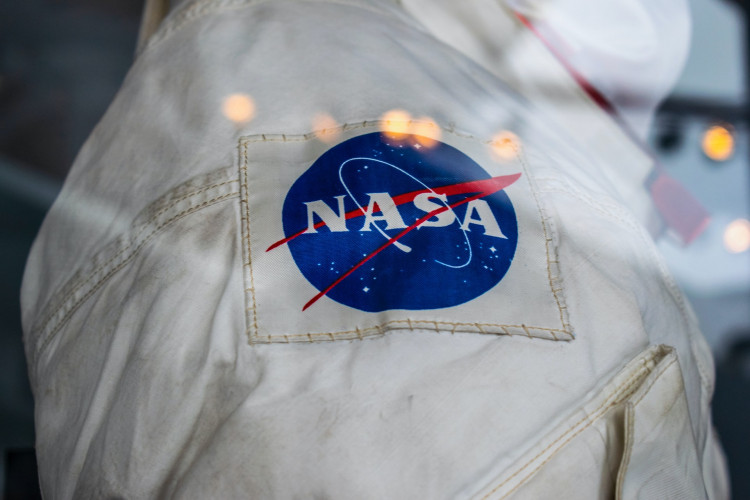A week ago, a Russian-made video released on Telegram raised concerns about the safety of a NASA astronaut aboard the International Space Station.
The video, which was shared by NASA Watch on Saturday (Mar. 5), shows NASA astronaut Mark Vande Hei being left behind on the ISS instead of departing on a Russian Soyuz spacecraft as planned.
Recent remarks by Dmitry Rogozin, director-general of Russia's federal space agency Roscosmos, have exacerbated the situation. Following the imposition of several international sanctions against Russia as a result of the country's ongoing invasion of Ukraine, Rogozin has issued a flurry of heated tweets about the status of the ISS partnership.
According to a machine translation of Rogozin's comments from a Feb. 26 Russian TV interview, "professionals who work in the space industry are very much worried [about sanctions] and they do not know where this is going to go next."
Some media outlets are interpreting this video and Rogozin's statements to suggest that Roscosmos is intending to abandon Vande Hei or do something similarly reckless on the ISS. However, that concern appears to be overstated at the time, considering that NASA has stated that the ISS relationship is continuing as usual.
And Rogozin recently stated that Vande Hei will return home as planned, dismissing reports to the contrary as "hysterical."
Despite this, NASA is currently developing reserves for critical space station functions. A docked Northrop Grumman Cygnus spacecraft, for example, is expected to perform the first operational reboost of the ISS by a US spacecraft.
Reboosts, a traditional Russian task carried out with Progress cargo spacecraft, take place on a regular basis to ensure that the orbiting complex is not dragged down by Earth's atmosphere. However, Cygnus might be able to handle that task on its alone, and SpaceX has offered to help.
Rogozin has been sending a lot of blustery comments on Twitter recently due to deteriorating relations in other space projects with Russian involvement.
Rogozin, however, is well-known in the space community for creating content that is divisive. In response to Biden's sanctions, for example, a series of tweets indicated that those in charge of enforcing them might be "suffering from Alzheimer's disease."
On Mar. 3, Rogozin banned the sale of Russian engines to the U.S., saying, "Let them fly on something else, on broomsticks."
The two sides of the space station, Russian and American, are intrinsically tied. Russia, for example, supplies propulsion for the entire complex, while Americans provide power.






